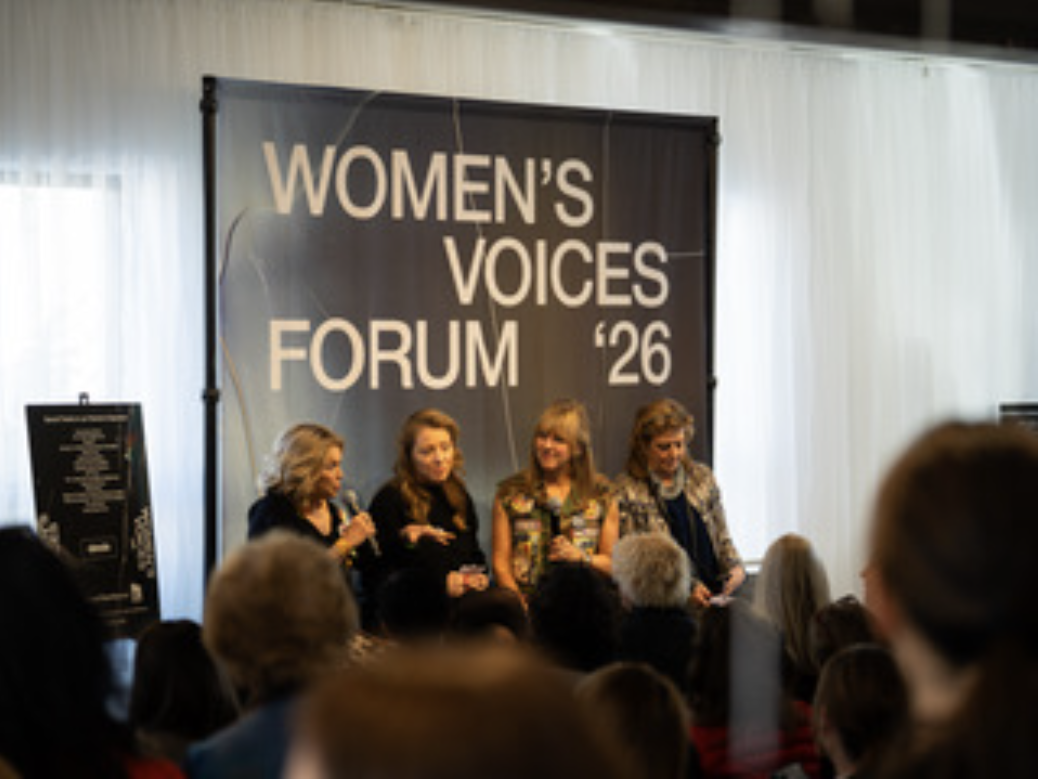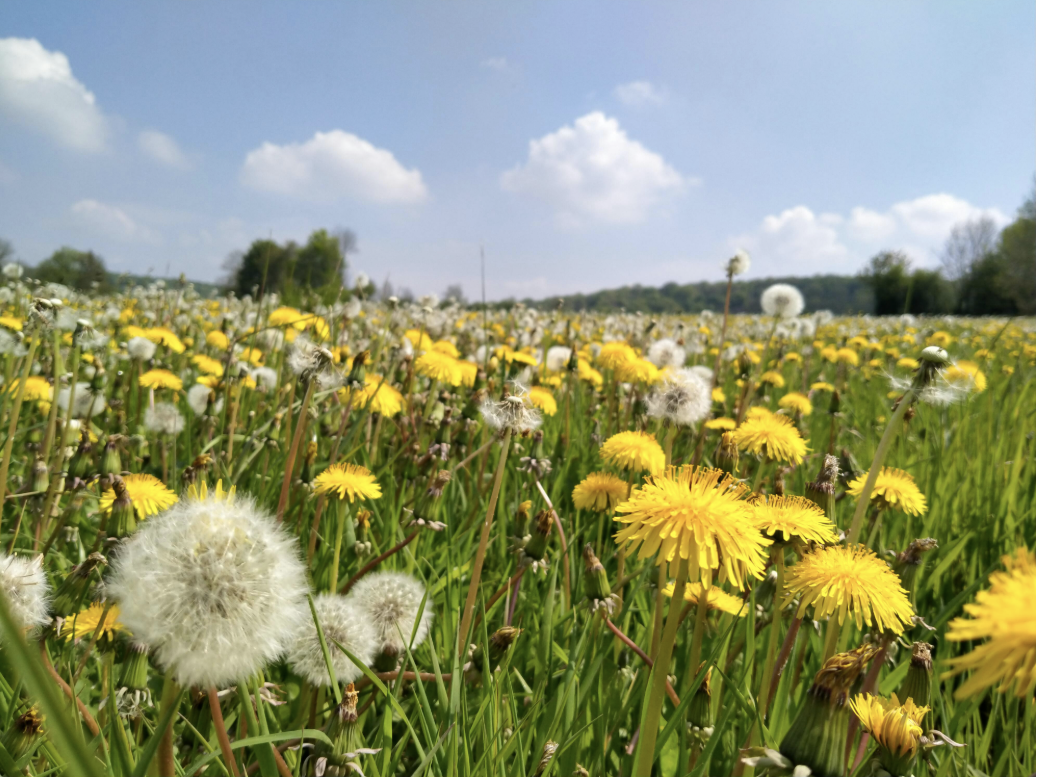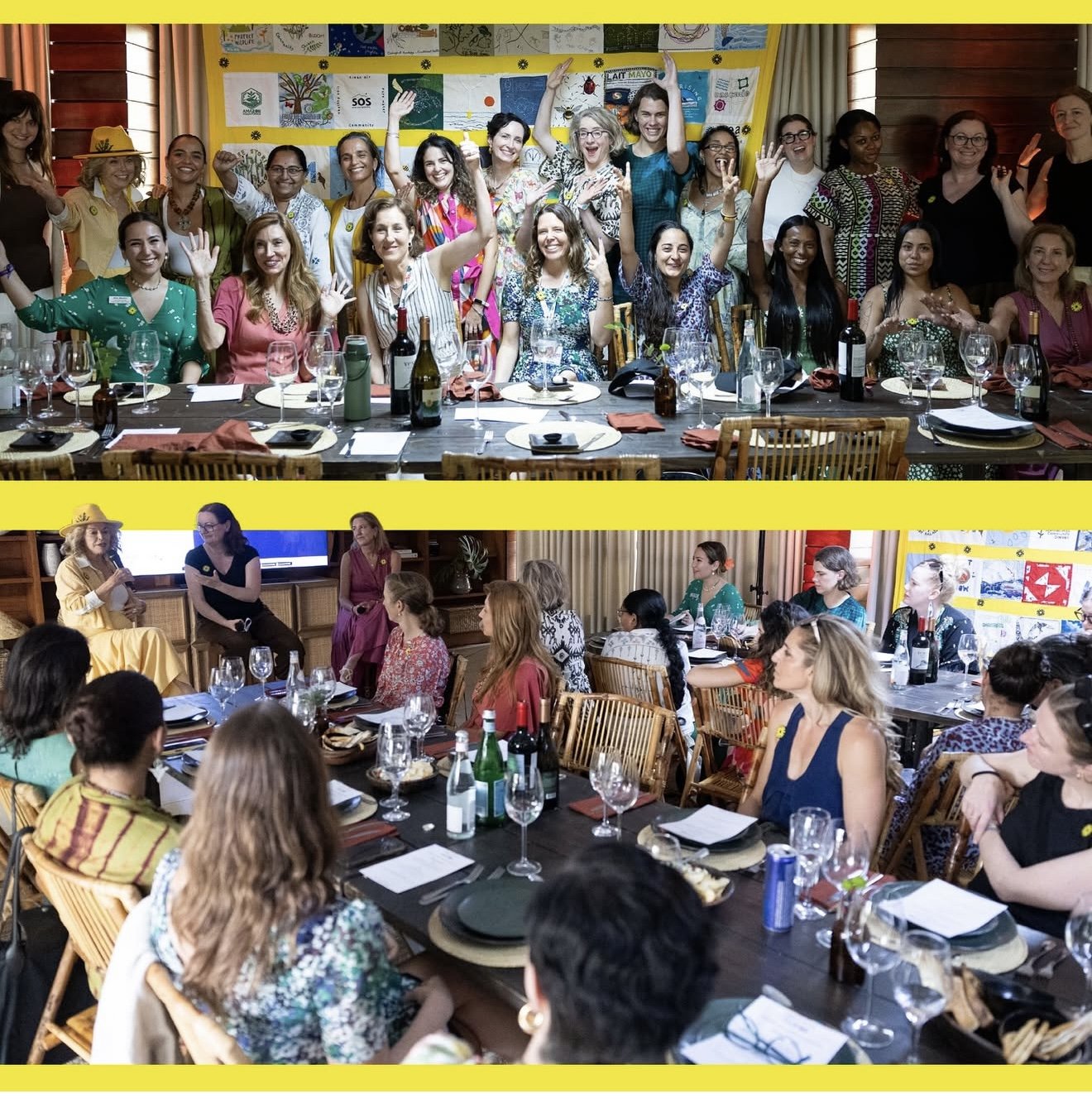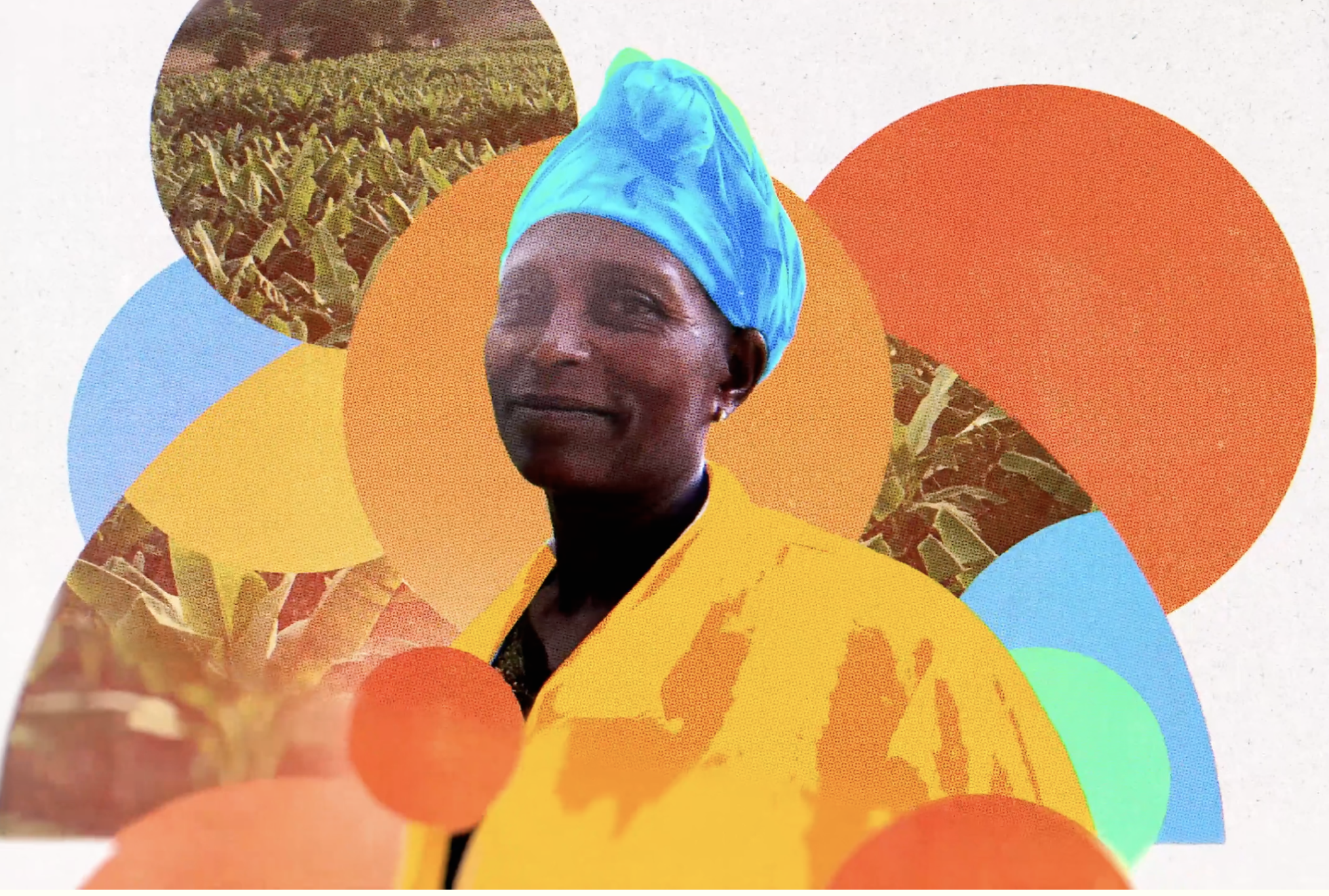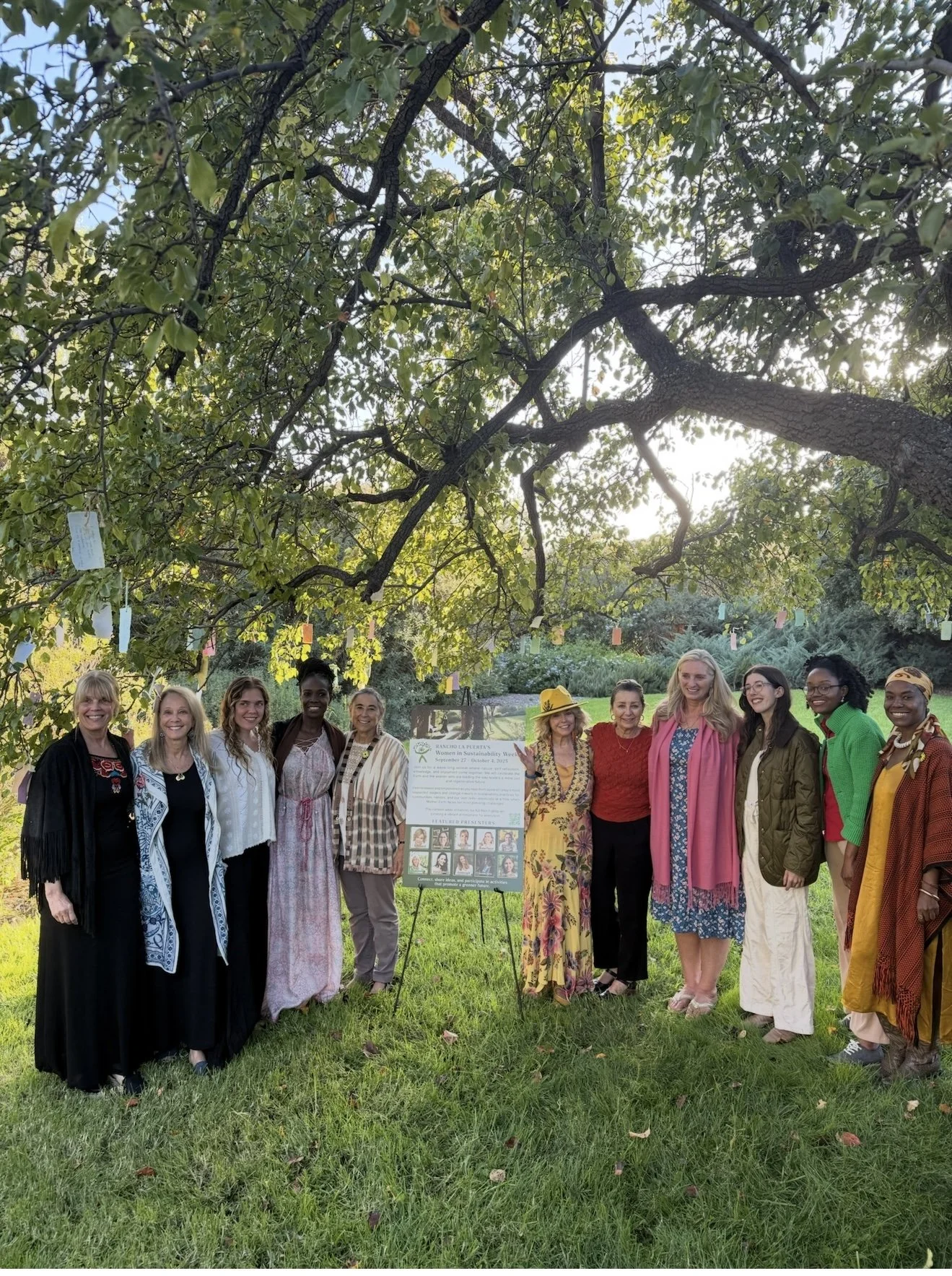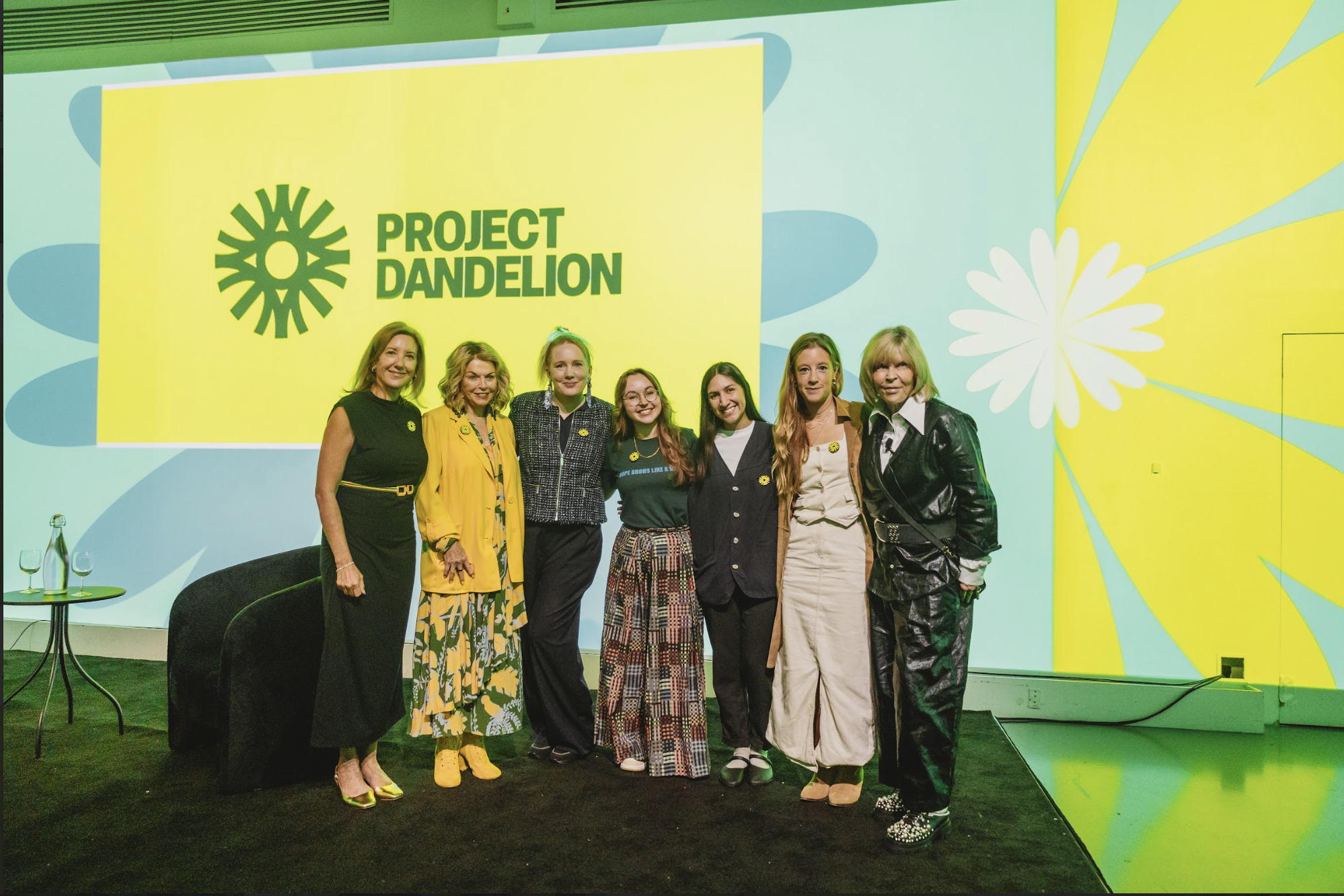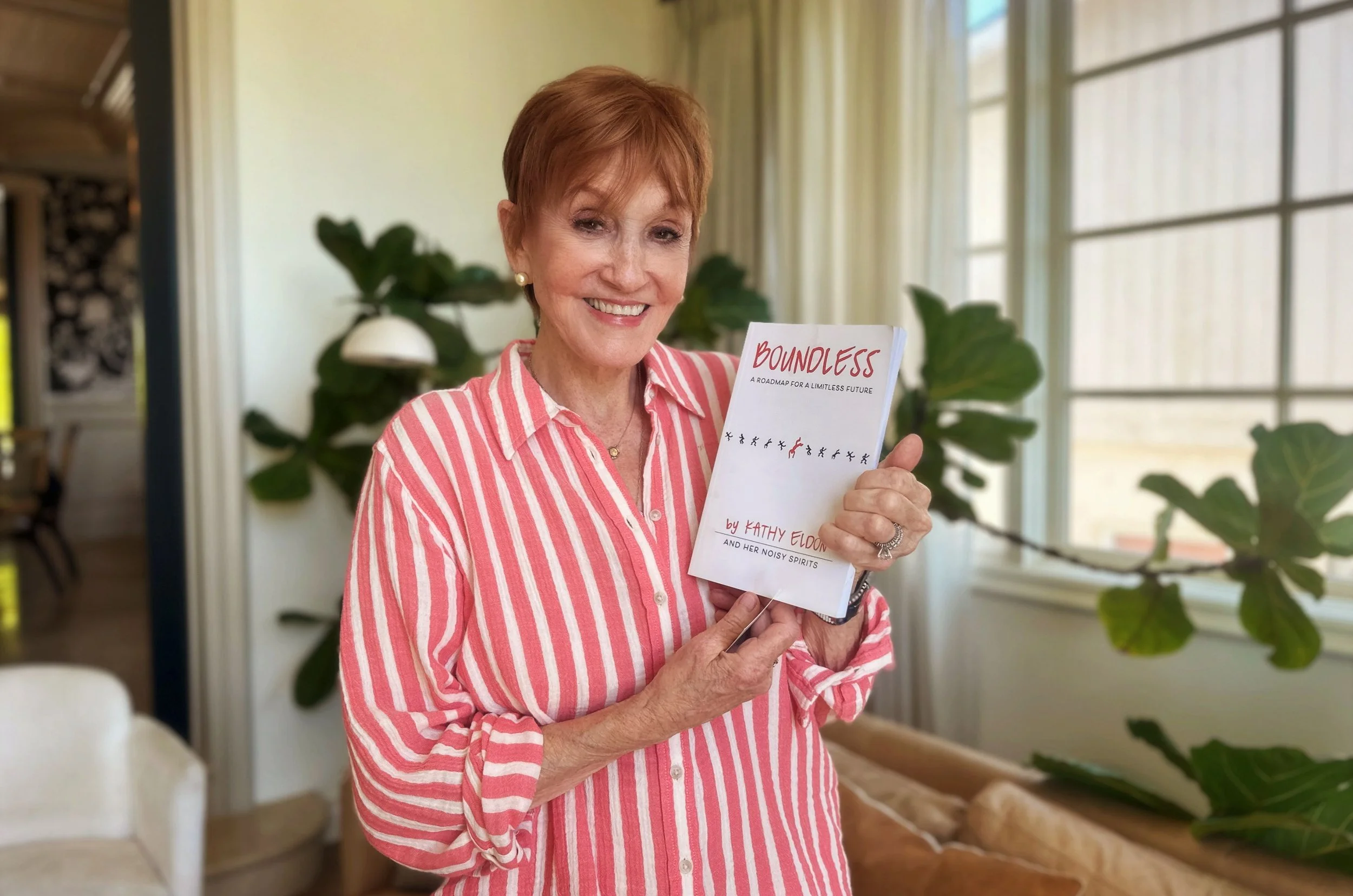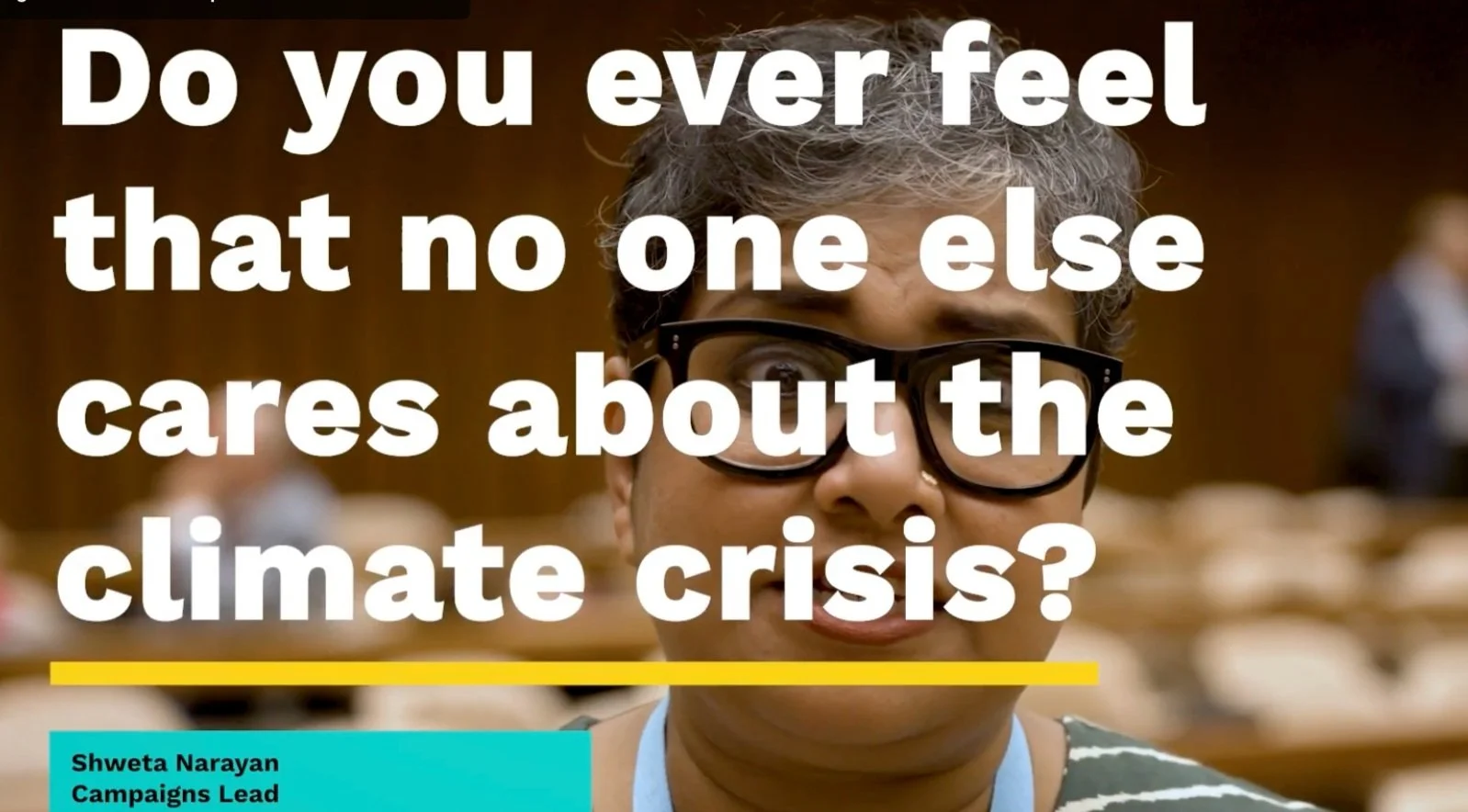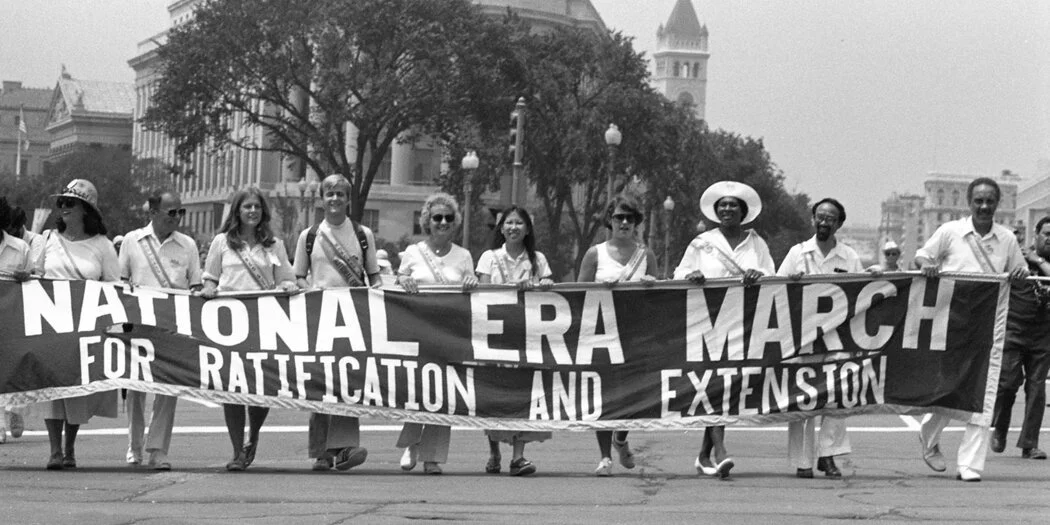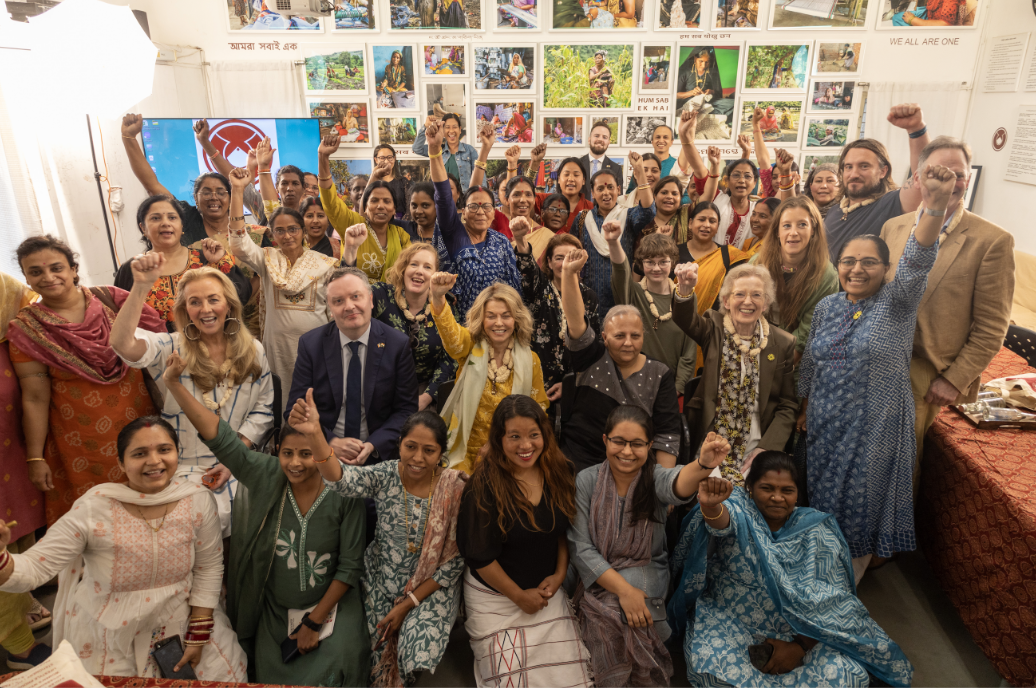
For me and the millions of other Americans who understand the connection between their local PBS and NPR stations and access to local news and sometimes life saving information; who value the outstanding dramas, the important documentaries, the educational and safe children’s programs; and who recognize the negative impact of their loss on communities and on our democracy, this is an indefensible decision.
It’s become a tradition to recommend reading each July, and this summer, the challenge was making choices as there are so many new books to suggest. I have chosen to focus this summer’s reading list on women authors (no surprise there) and books that offer new perspectives on the nature and climate emergency being felt by each of us.
Throughout his award winning, groundbreaking lifetime of work as a courageous journalist, author, and advocate for our democracy, Bill Moyers inspired us to be steadfast in defending the freedoms specifically guaranteed in the Declaration of Independence while also recognizing that our democracy and its founding documents and principles created a far from perfect union.
As friends, family, and faithful readers know, I believe that braver and bolder leaders are needed now more than ever. With the accelerating climate crisis, the violent conflicts with enormous loss of lives in so many places, widening inequality, rising authoritarianism, and the ongoing degradation of nature, the question before us is how will each of us, individually and collectively, lead forward?
At its heart, it’s a call to spark some good trouble together — to create pockets of love, connection, hope and creativity when and where the world needs it most. In short, to become a creative activist! If you believe in the power of stories to spark change, as I do, then “BOUNDLESS” is for you.
I often find both meaning and renewed purpose when I’m in a convening of women and men who are committed to making a positive impact. The gift of presence, of physical connection and collective experiences and participation, cannot be replicated or replaced.
Contemporary culture and history have taught us how deeply women have internalized the patriarchy—how we unwittingly reinforce it by constantly choosing men when we could choose women. Is your doctor, lawyer, pilot, guide, ranger, travel advisor, chef, or OBGYN a woman? Are you making these choices consciously, so our daughters and granddaughters can inherit a more equitable world? How do we break free and discover the integrity and wholeness we seek if we don’t start by choosing one another?
Democracy is not something we have, it's something we do. Now is the time for all of us to practice democracy daily — by staying informed; talking with our friends, coworkers and family members; calling our representatives; and showing up at meetings, rallies and events.
At dinner this week, my 10-year-old granddaughter Marisol brought me a dandelion she had picked from a field of dandelions in nearby Piedmont Park in downtown Atlanta. As she handed it to me with great care so as not to disturb the perfect circle of seeds, she said, “Blow the seeds, Gigi, and make a wish!”
The fact that nearly nine out of ten people on the planet demand climate action seems especially newsworthy at a time when some governments and corporations are backtracking on climate action even as ferocious heat waves, fires, and floods are harming more and more people and economies around the world.
I find this statement by the legendary activist/songwriter, Joan Baez, to be particularly relevant and inspiring in this time when it’s so easy to fall into despair. It’s time for action! Time to stop the handwringing and worse, the silence, about what is happening in the US that is having an impact everywhere in the world.
This week: Announcing UP, the first female-forward social media platform and a Project Dandelion partnership to bring the new documentary, MRS ROBINSON, to your living room with a free virtual screening! MRS ROBINSON is more than a documentary, it’s a blueprint for modern leadership. Read more inside.
Surrendering our rights and freedoms cannot be an option, but silence and ‘going along’ is a surrender of sorts and most certainly, it’s appeasement, which never leads to anywhere good. Love is where we begin to heal and prepare for a unstoppable response.
This year's Black History Month falls at a convulsive time for Americans. As the Trump administration works to eliminate all diversity, equity, and inclusion programs in government and throughout American society, from companies to nonprofits, it's more important than ever to celebrate and commemorate the achievements and the contributions of Black Americans, as well as the uphill struggles that so many have had to wage throughout this country's nearly 250-year history.
History is often made at Sundance as well as documented on screen, and it was a personal thrill this year to be in the audience for the premiere of PRIME MINISTER, a film documenting the transformative tenure of New Zealand’s former Prime Minister, Jacinda Ardern. Plus: Free Leonard Peltier is another standout at this year's Sundance Film Festival.
As I blow out the 82 candles on my birthday cake today, I will be, yet again, making the birthday wish I’ve made often since 1972 — equal rights for women in the US Constitution — a wish many American women leaders first launched as a public policy campaign before I was born!
